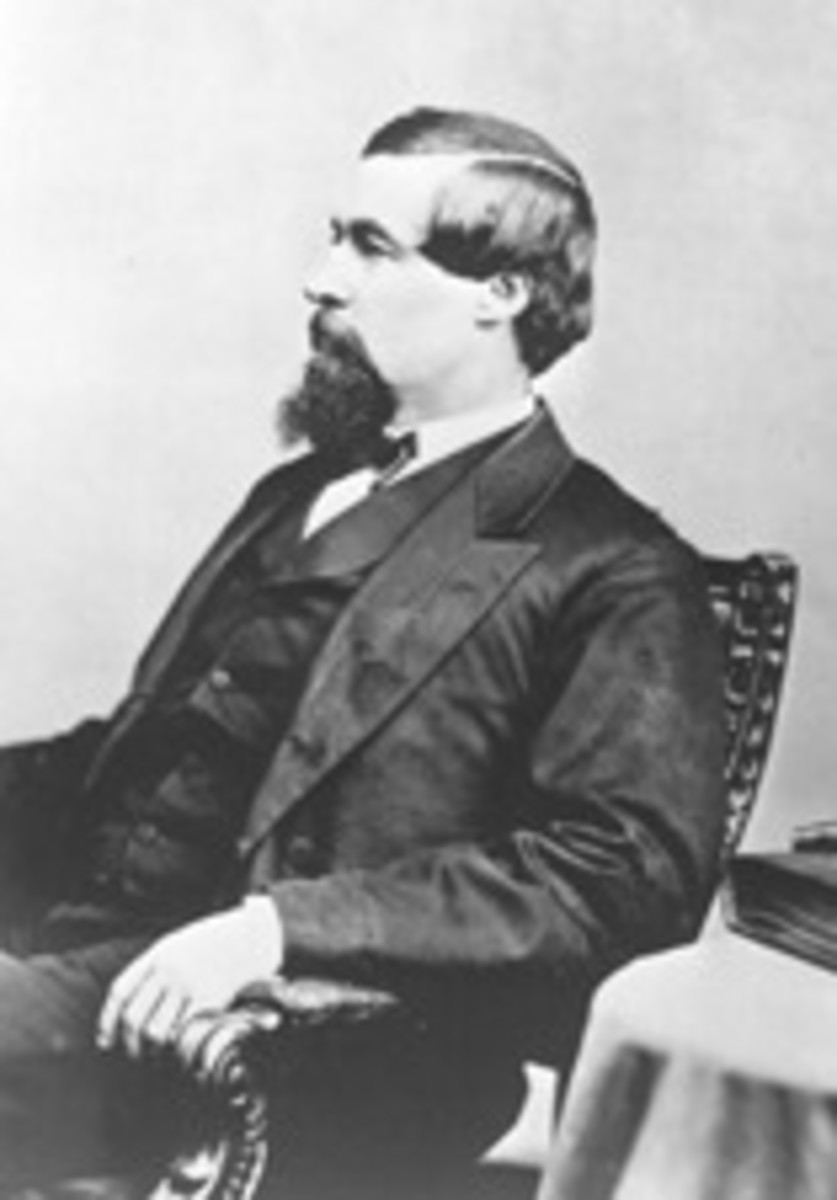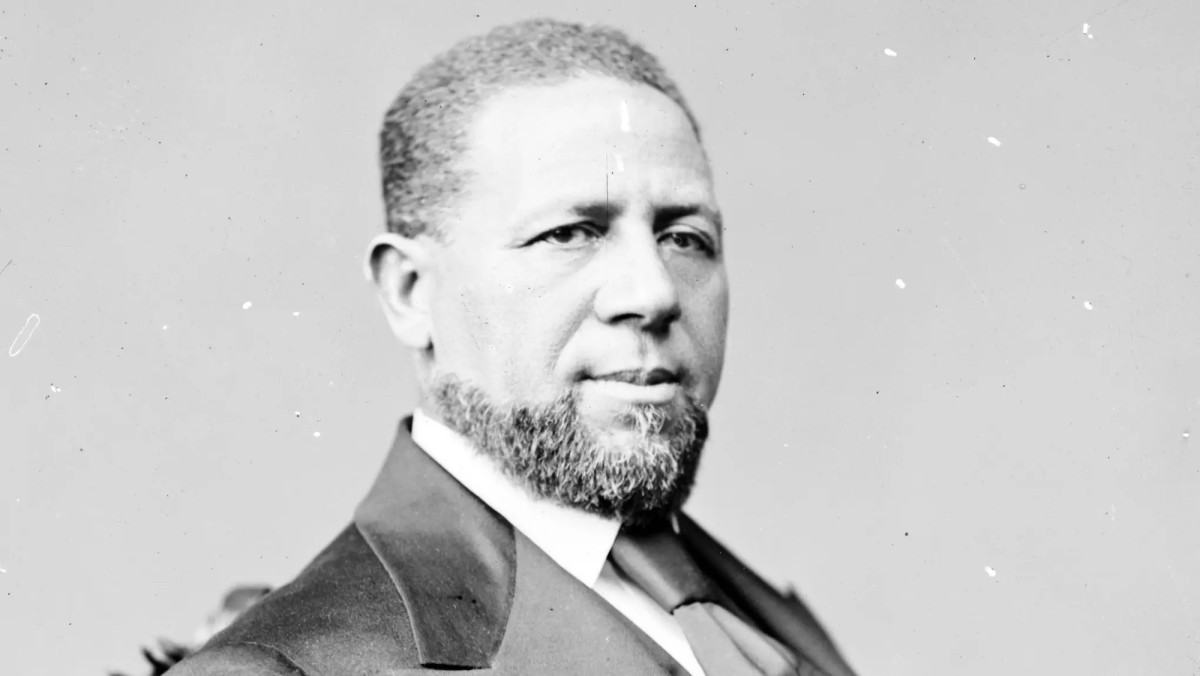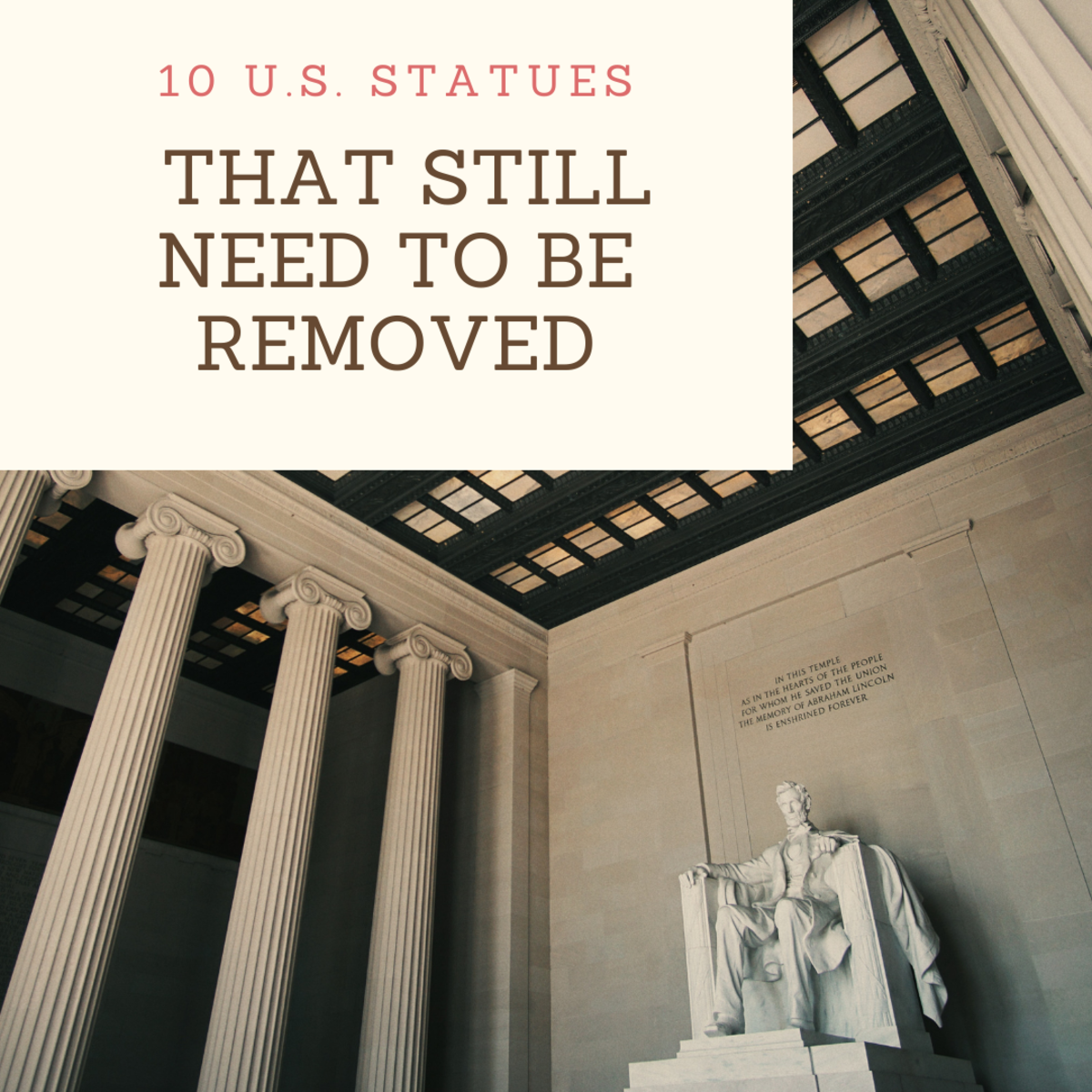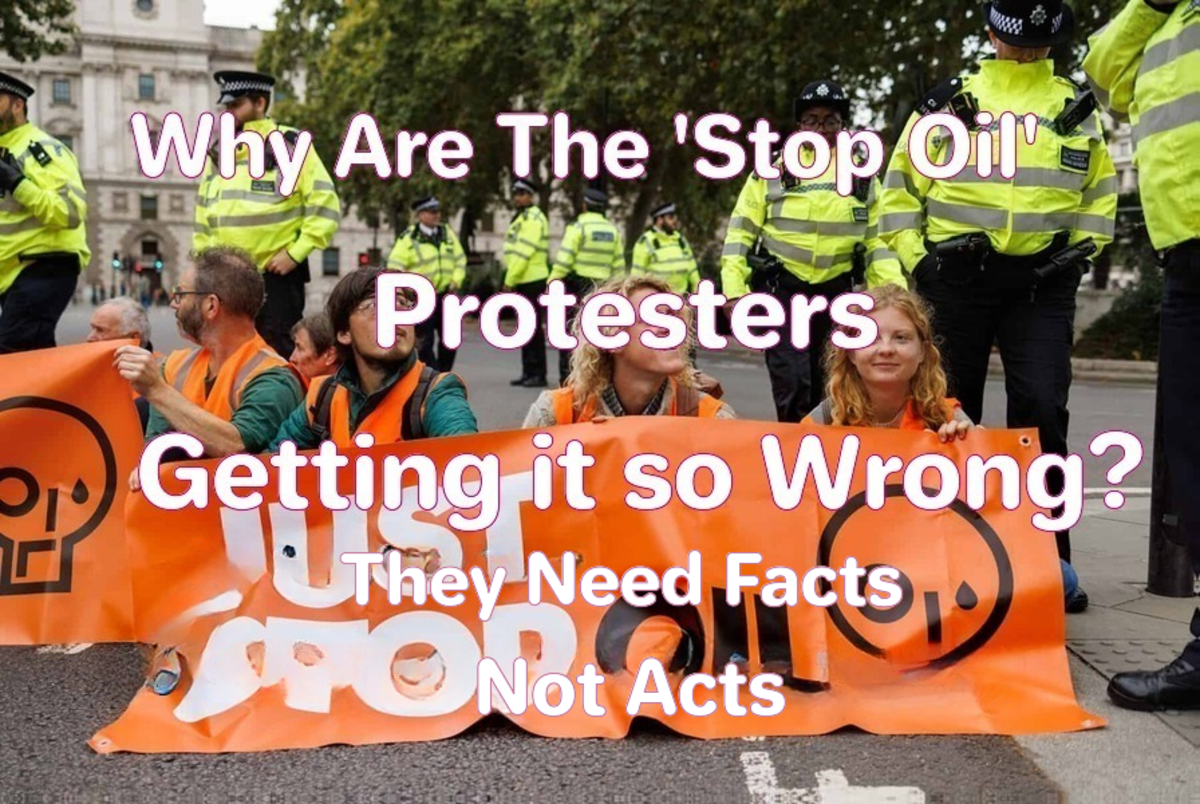Threat of "Son of SOPA" Legislation Still Looms Despite Huge Protest
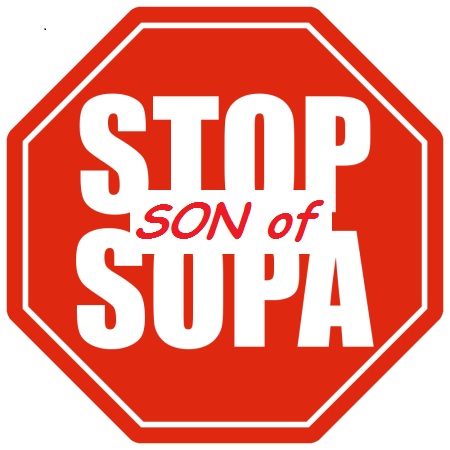
While the recent January 18th (2012) protest against SOPA (Stop Online Piracy Act) apparently chalked up a rather impressive success, there are troubling signals that further threats endure for imposing censorship and stifling the relatively liberal freedom of activity that currently characterizes the Internet. Despite retreating a bit, congressional lawmakers still seem to retain some of their basic enthusiasm for the essential provisions of SOPA, the legislation concocted by the U.S. House of Representatives, and PIPA (Preventing Real Online Threats To Economic Creativity and Theft of Intellectual Property Act), SOPA's companion from the Senate.
Why SOPA provokes protest
First, let's review why SOPA's a threat, and why it's triggered so much protest. As described in my earlier article on this issue, SOPA aims to "impose sweeping, draconian prohibitions against broad categories of content — or face severe penalties." Thus SOPA looms as "the most repressive measure affecting the Internet ever proposed, basically capable of devastating the Internet and eliminating it as the relatively free medium of expression that exists today."
The SOPA/PIPA legislation has been heavily promoted by the highly influential entertainment industry (plus some mainstream news media) in an effort to protect their control of information, films, TV shows, music, and other "intellectual property". Because it places total responsibility and legal liability on both Internet Service Providers (ISPs) and individual websites (including platform sites such as YouTube, WordPress, Facebook, etc.), the virtually certain result will be to force these ISPs and websites to censor and restrict content. See: SOPA (Stop Online Piracy Act) Legislation Triggers Global Protest — Wikipedia and Other Major Websites Plan Shutdown
This repressive legislation prompted an array of many of the Internet's major players to carry out a massive protest on January 18th, which ranged from a total "dark" shutdown of its English-language pages by Wikipedia to a partial "dark-out" by Google and other sites. At least thousands of other, smaller websites followed suit. Despite this impressive show of opposition, the threat to keep SOPA alive continues — even if the measure is re-made, with slightly tweaked language and a different name.
Ominous bipartisan support for SOPA
SOPA, as a mechanism to gag and incarcerate the Internet, represented a particularly daunting threat because of its jaw-dropping bipartisan support — one of the tiny thimbleful of measures that the current Congress, otherwise sharply fractured, has managed to come together on. Even after the Jan. 18th protest, this sinister bipartisan cooperation persists.
Leading one of the foremost pro-SOPA lobby groups, the Motion Picture Association of America (MPAA), is its new chairman, former liberal Democratic Senator Christopher J. Dodd of Connecticut. Among his close allies, according to the New York Times (18 January 2012) are a couple of "reliable giants of K Street", the arch-conservative U.S. Chamber of Commerce and the Recording Industry Association of America (RIAA).
This de facto bipartisan lobbyist effort undoubtedly was a crucial factor in mustering the bipartisan political support for SOPA that emerged. In addition, the opportunity to protect property rights (as in "intellectual property rights") was probably another ideological meeting-ground attracting the amorous warmth of both major political parties.
Originally authored by arch-conservative Republican Representative Lamar Smith of Texas (whose district includes part of the Austin area), SOPA attracted 30 co-sponsors, as diverse in political persuasion as Rep. Debbie Wasserman Schultz of Florida, liberal chairwoman of the Democratic National Committee, and hardline rightwing Republican Rep. Peter King of New York. In the Senate, PIPA, authored by liberal Sen. Patrick Leahy of Vermont (Senate Judiciary Committee chairman), attracted 40 co-sponsors "from across the political spectrum", according to the New York Times, which reports that PIPA cleared Leahy's committee unanimously.
Achievements from the protest
In a sense, a capitalist economic system is somewhat like a battleground, in which huge corporate gorillas (and to some extent, smaller businesses) are all vying against one another, competing, combating one another, to try to expand and maximize profits. The great mass of the population, mostly in the working class (the so-called "middle class" in common parlance), are consigned to a struggle to survive within this battleground.
It's in this context that the mammoths of the entertainment and mass media industries faced off against the upstart titans of the Web — "New Economy Rises Against Old" was how the New York Times framed the top-level SOPA opposition vs. the legislation's beneficiaries and patrons. In this case, the broad mass of the public — including the working class and supporters of civil liberties — had an important stake in the effort to defeat SOPA, with its sweeping array of repressive measures.
Thus, reports the Times, in the course of the Jan. 18th protest, the "formidable old guard" of the entertainment-mass media industry "was forced to make way for the new as Web powerhouses backed by Internet activists rallied opposition to the legislation through Internet blackouts and cascading criticism, sending an unmistakable message to lawmakers grappling with new media issues: Don’t mess with the Internet."
"Today the Internet is witnessing the largest protest in its history..." enthused a Jan. 18th posting on the Web issues site TorrentFreak, which also reported that the websites of various senators had been "knocked offline due to the massive flow of traffic...."
By late that afternoon,
millions of people had already voiced their concerns. Google just reported that more than 4 million people signed the petition on their site, and the EFF [Electronic Frontier Foundation] says that 250,000 people sent messages to Congress through their site.
Those were are just a couple of examples of "the many initiatives currently being organized" said the TorrentFreak posting, which went on to proclaim that within just the first few hours, several senators who had co-sponsored the SOPA/PIPA legislation had withdrawn their support.
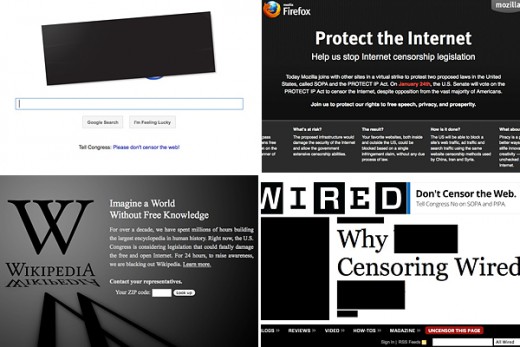
Some Congressional Democrats, among a handful that had opposed the SOPA initiative, were quick to hail the backtracking by several major SOPA/PIPA champions.
“I think it is an important moment in the Capitol” enthused Democratic Rep. Zoe Lofgren of California, cited by the New York Times. “Too often, legislation is about competing business interests. This is way beyond that. This is individual citizens rising up.”
Oregon Democratic Senator Jeff Merkley similarly affirmed his opposition in a Twitter message: “Thanks for all the calls, e-mails, and tweets. I will be opposing #SOPA and #PIPA.” South Carolina's Republican Senator Jim DeMint, described by the Times as "a Tea Party favorite", Twittered his opposition as the anti-SOPA rebellion was "already boiling over...."
With at least ten senators and nearly twice that many House members coming out in opposition to the proposed legislation, backers lost the critical mass they needed to pass it, particularly in the Senate.
Remaining SOPA threats
Many grassroots SOPA opponents have been heartened by the ostensible collapse of the once-formidable steamroller of Congressional support for the measure. In some cases, lawmakers crawled away from support like beaten canines. According to a Politico report, rightwing GOP Representatives Ben Quayle of Arizona and Lee Terry of Nebraska, both SOPA co-sponsors, "quietly" withdrew their backing for the House bill.
But the drive at the top levels of America's corporate and political power structure to impose increasingly stronger authoritarian control over the Internet is intense and probably inexorable, particularly in view of their need to enforce some degree of "stability" within a gradually degenerating economic and social environment.
Thus, some form of "compromise", producing a Web that's somewhat more bridled (and blindfolded), is almost surely on the agenda. If you want me locked up in prison, and I want to be free, the outcome might well be something like house arrest.
Hence, reported the Times, "Negotiators from both parties are scrambling for new language that could assuage the concerns of the Internet community ...." This probably means finding ways to smooth the rougher edges and apply a bit of sugar-coating.
Weasel words suggest "Son of SOPA"
The effort to reincarnate a kind of Son of SOPA is evident when you scrutinize the "withdrawal" statements of various congressmen and their efforts to distance themselves from the now-tainted legislation. All this rhetoric is nicely frothed with lots of weasel language. Let's look at some examples.
• Senator Marco Rubio (Florida) — While this Tea Party-backed Republican was "one of the first to de-list as a PIPA co-sponsor" (according to the TorrentFreak report), the senator promised to "come up with new legislation that addresses Internet piracy while protecting free and open access to the Internet.” Lots of wiggle room in those lofty unspecific buzzwords.
• Senator Charles E. Grassley (Iowa) — This senior Republican Senate Judiciary Committee member, withdrawing his support after helping write the PIPA bill, ominously hinted that the existing bill nevertheless was still on the table, but “needs more due diligence, analysis and substantial changes.”
• Senator Roy Blunt (Missouri) — Initially a strong PIPA supporter, this Senate Republican backed away from the bill, but left a door wide open, noting that "that there were substantive issues in this legislation that had to be addressed before it moved forward.” Note that "moving forward" with some version is still in mind here.
• Senator Mark Kirk (Illinois) — Another Senate Republican, Kirk nominally withdrew his support of PIPA, while leaving an open door to Son of SOPA by declaring he just (now) opposed PIPA "in its current form.”
• Senator John Cornyn (Texas) — An arch-conservative leader of the GOP campaign efforts in the Senate, Cornyn Facebooked colleagues "to slow the bill down." Maybe long enough so that the opposition will get tired, at which point the effort can be renewed?
• Senator Orrin Hatch (Utah) — Withdrawing his support as a PIPA co-sponsor, Hatch, an icon of the GOP establishment, also left a wide door open to Son of SOPA, intoning that "it is simply not ready for prime time and both sides must continue working together to find a better path forward” toward what he called "a reasonable solution.”
• Senator John Boozman (Arkansas) — Joining the rout clambering to the rear, Boozman, yet another GOP stalwart, likewise promised that he'd be "working to find another solution so that the epidemic of online piracy is addressed in a manner that ensures innovation and free speech is protected." In view of the original denials by congressional SOPA/PIPA patrons that there wasn't any threat to Web freedom and privacy in the first place, it would seem justifiable to greet assurances like this with metric tonnes of skepticism.
Even while recounting reasons for hope, the TorrentFreak posting itself exhibited its own dollop of healthy skepticism with a warning for Internet free-speech advocates that had seemingly won this first public skirmish over SOPA:
Although these first signs are positive, it doesn’t necessarily mean that PIPA or SOPA [is] now off the table. There are still many sponsors and supporters left. Both bills are still on their way to be passed in Congress, but with a little less support than before.
Undoubtedly, anti-SOPA activists would be well advised to retain caution and vigilance for a renewed effort to ratchet up authoritarian control over the Web in the form of a Son of SOPA.
Lyndon Henry is a writer, editor, freelance investigative journalist and analyst, and consultant. His blog is:
http://writingperspectives.wordpress.com
Published: 2012/01/24





